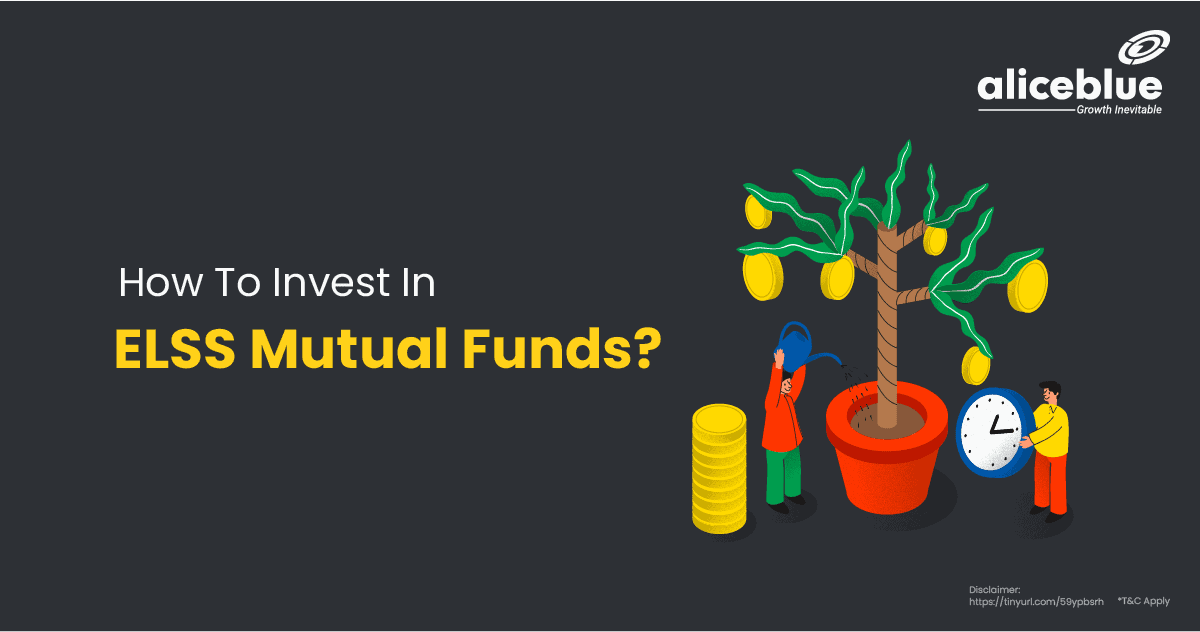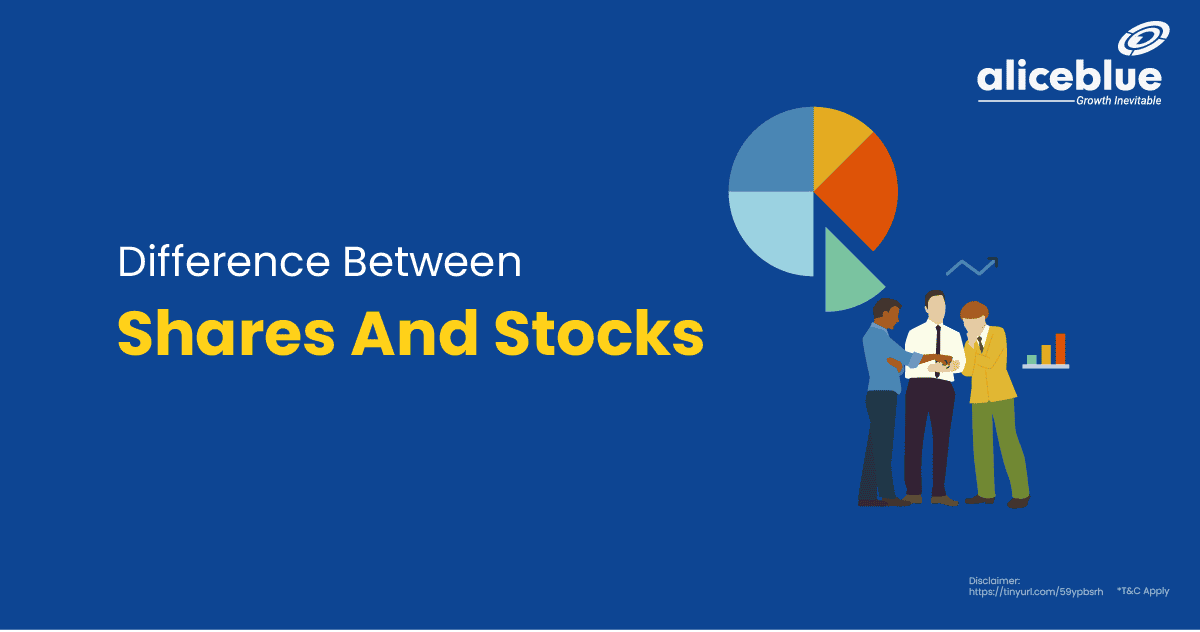Investing in ELSS Mutual Funds involves a few straightforward steps. It is a tax-saving strategy for stock market investors.
- Choose the Right Fund
- Open a Demat Account
- Complete KYC Process
- Choose Investment Mode
- Make the Investment
Content ID:
- ELSS Meaning
- How To Invest In ELSS Mutual Funds?
- Advantages Of ELSS Funds
- How To Invest In Elss Mutual Funds In India? – Quick Summary
- How To Invest In ELSS Online? – FAQs
ELSS Meaning
ELSS stands for Equity-Linked Savings Scheme, a type of mutual fund that primarily invests in the stock market. It offers tax benefits under Section 80C of the Indian Income Tax Act, making it a popular choice for savings.
An ELSS fund is a diversified portfolio of stocks that seeks both growth and tax savings. ELSS is the preferred choice among various tax-saving options because it provides both investment growth and tax savings in one scheme. ELSS funds, which invest in a mix of equities, have the potential for higher returns than traditional tax-saving instruments. It makes them an appealing option for investors looking to maximize their savings while also growing their investment portfolio.

How To Invest In ELSS Mutual Funds?
Investing in ELSS mutual funds is a strategic way to achieve tax savings while potentially growing your investment through the equity market. It combines the benefits of tax deduction and investment growth, making it an attractive option for investors looking to maximize their financial planning efficiency. Steps to Invest in ELSS Mutual Funds:
- Research and Select an ELSS Fund: Start by researching various ELSS funds to find one that matches your investment goals and risk tolerance. Look at the fund’s performance history, the fund manager’s track record, and the investment strategy to make an informed choice. Evaluating past performance, although not a guarantee of future results, can give insights into how the fund has managed volatility and generated returns over different market cycles.
- Complete KYC Formalities: Before investing, ensure you’ve completed your KYC (Know Your Customer) process with your chosen investment platform like Alice Blue. This typically involves providing personal identification, address proof, and a photograph. The KYC process is a regulatory requirement meant to prevent financial fraud and money laundering, ensuring a safe investment environment.
- Decide on the Investment Amount: Determine how much you want to invest in the ELSS fund. You can choose to invest a lump sum or opt for a SIP (Systematic Investment Plan), which allows you to invest a fixed amount at regular intervals. SIPs are particularly beneficial as they instill financial discipline and help in averaging the cost of investment over time, potentially reducing the impact of market volatility.
- Make the Investment: Once you’ve selected the ELSS fund and completed the KYC process, proceed to invest through the fund house’s website, an investment platform, or your Demat account. Follow the instructions provided to complete your investment. Most platforms offer a user-friendly interface that guides you through the investment process, making it accessible even for first-time investors.
- Monitor Your Investment: After investing, keep track of your ELSS fund’s performance through regular statements and online platforms. It’s crucial to stay informed about your investment and the market conditions.
Advantages of ELSS Funds
The main advantage of ELSS funds is its Tax Efficiency. ELSS funds come with tax benefits under Section 80C of the Income Tax Act. Investments made in ELSS can be claimed as deductions up to INR 1.5 lakh, which can substantially lower your taxable income.
- Higher Return Potential: Since ELSS funds invest in equities, they have the potential to offer higher returns compared to other traditional tax-saving investments like PPF or fixed deposits over the long term. The exposure to equities means that your investments have the opportunity to grow with the market, potentially providing inflation-beating returns.
- Shortest Lock-in Period: Among tax-saving investment options under Section 80C, ELSS funds have the shortest lock-in period of just 3 years. This relatively short duration provides investors with a blend of liquidity and growth. The short lock-in period also allows for quicker access to your funds compared to other options, making it suitable for investors looking for shorter investment horizons with tax benefits.
- SIP Investment Option: ELSS funds allow investments through SIPs (Systematic Investment Plans), enabling investors to invest small amounts regularly instead of a lump sum. This method helps in averaging the cost of investment and managing market volatility more effectively.
- Investing through SIPs can build a habit of disciplined saving and investing, spreading the investment risk over time.
- Professional Management: ELSS funds are managed by experienced fund managers who make informed decisions based on comprehensive market research. Investors benefit from the expertise of these professionals in choosing the right stocks to maximize returns. This professional management can significantly impact the fund’s performance, as fund managers navigate market changes and opportunities on behalf of investors.
- Diversification: Investing in ELSS funds offers diversification across various sectors and companies. This spread of investments can reduce risk and increase the potential for returns, as not all sectors perform similarly at the same time. Diversification within an ELSS fund can provide a buffer against market volatility, as the impact of a poor performing sector can be offset by better-performing ones.

How To Invest In Elss Mutual Funds In India? – Quick Summary
- Investing in ELSS mutual funds is a straightforward process aimed at saving taxes while investing in the stock market, involving selecting the right fund, opening a Demat account, completing KYC, choosing an investment mode, making the investment, and monitoring it.
- ELSS, or Equity-Linked Savings Scheme, is a mutual fund that offers tax benefits under Section 80C of the Indian Income Tax Act, combining investment growth with tax savings.
- The process to invest in ELSS includes researching to select a suitable fund, completing KYC formalities, deciding on the investment amount, making the investment, and monitoring the fund’s performance.
- The main advantage of ELSS funds is their tax efficiency, allowing deductions under Section 80C, thereby reducing taxable income.
- Invest in ELSS funds for free with Alice Blue.
How To Invest In ELSS Online? – FAQs
How Do I Start Investing In ELSS Mutual Funds?
To start investing in ELSS mutual funds, first complete your KYC (Know Your Customer) process online, then select an ELSS fund that aligns with your investment goals. You can invest through a investment platform like Alice Blue.
Who Should Not Invest In ELSS?
Individuals looking for short-term investment options or those who require immediate liquidity should avoid investing in ELSS due to its 3-year lock-in period. Also, those with a low risk tolerance may find the equity exposure in ELSS funds unsuitable.
What Happens After 3 Years In ELSS?
After the 3-year lock-in period in ELSS, you have the option to withdraw your investment or continue staying invested. The lock-in period is calculated individually for each SIP installment, and you can choose to redeem your units partially or fully.
Is ELSS Taxable After 3 Years?
Yes, long-term capital gains (LTCG) over INR 1 lakh from ELSS funds are taxable at 10% without the benefit of indexation. Gains up to INR 1 lakh in a financial year are exempt from tax.
Can I Pay ELSS Monthly?
Yes, you can invest in ELSS funds monthly through SIPs (Systematic Investment Plans). SIP allows you to invest a fixed amount every month, enabling disciplined investing and potentially reducing the impact of market volatility on your investment.







